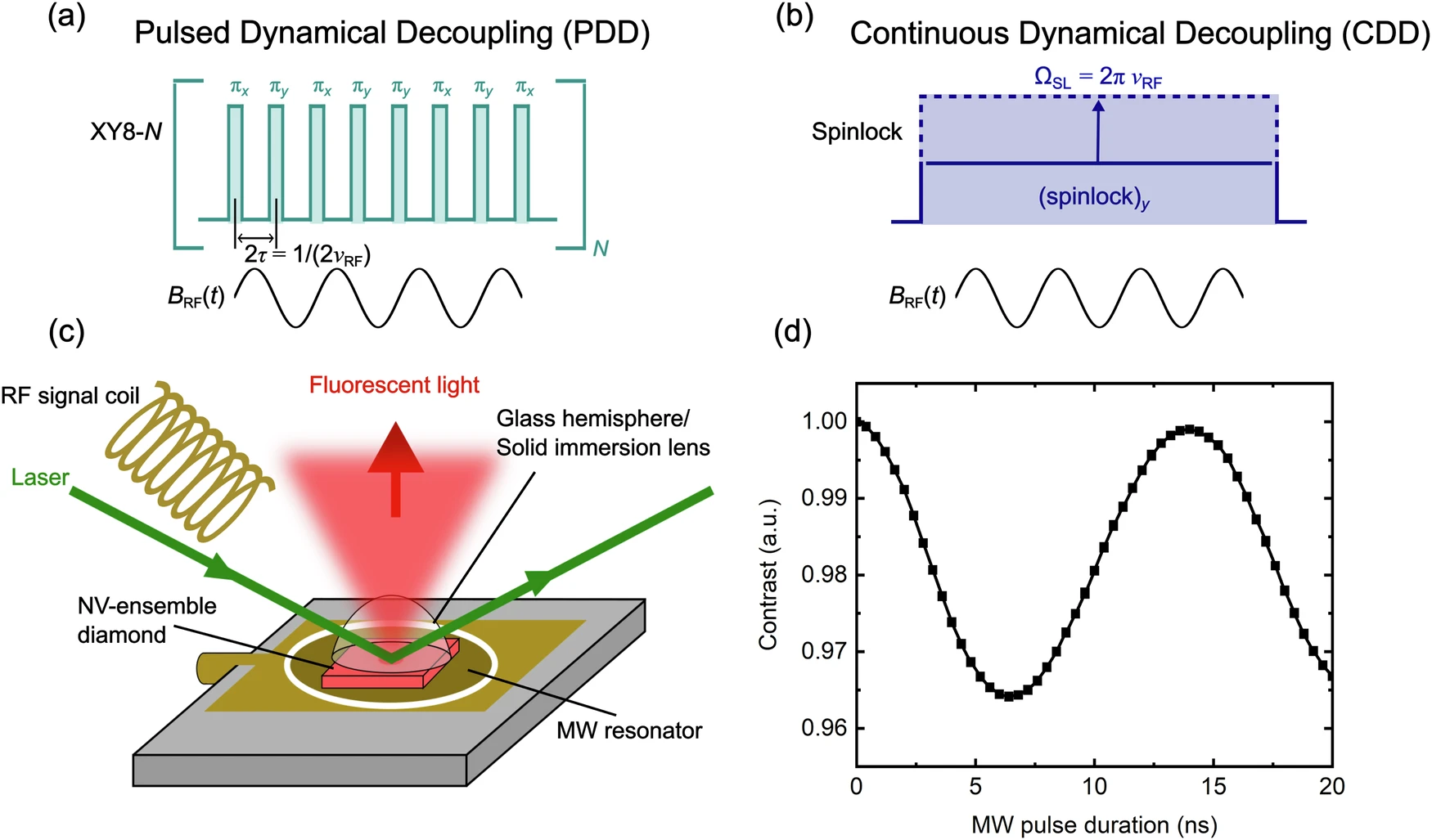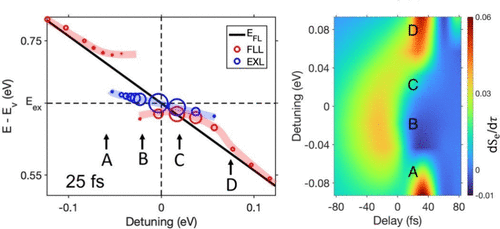High-energy physics is replete with hard computational problems and it is one of the areas where quantum computing could be used to speed up calculations.
The researchers present an implementation of likelihood-based regularized unfolding on a quantum computer. The inverse problem is recast in terms of quadratic unconstrained binary optimization (QUBO), which has the same form of the Ising hamiltonian and hence it is solvable on a programmable quantum annealer. They tested the method using a model that captures the essence of the problem, and compared the results with a baseline method commonly used in precision measurements at the Large Hadron Collider (LHC) at CERN. The unfolded distribution is in very good agreement with the original one. They also show how the method can be extended to include the effect of nuisance parameters representing sources of systematic uncertainties affecting the measurement.



